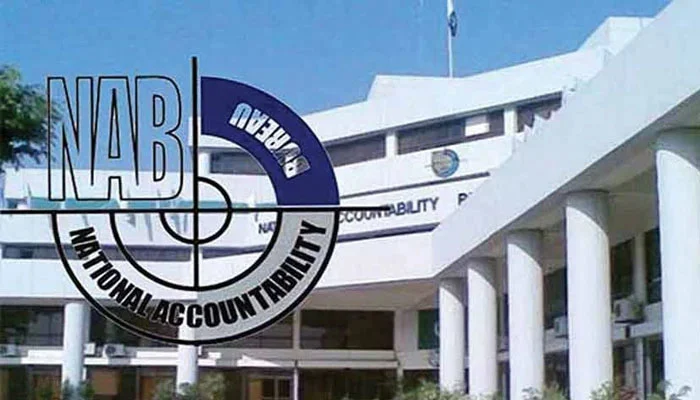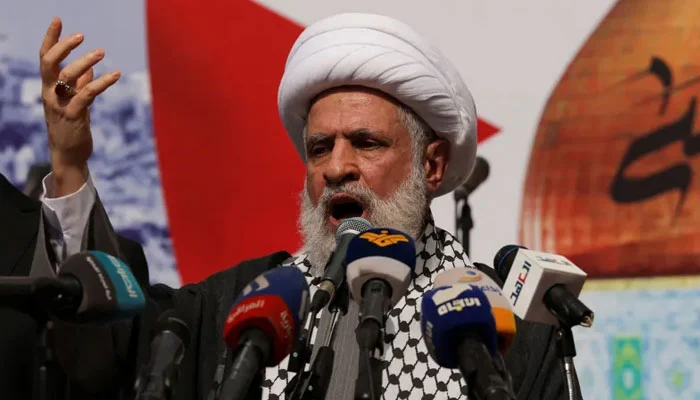In a startling revelation, the National Accountability Bureau (NAB) office in Peshawar, Pakistan, received a staggering 389 billion Pakistani rupees worth of corruption complaints in just four months, spanning from July to October 2023. This revelation sheds light on the extensive and pervasive corruption within the Khyber Pakhtunkhwa (KP) province, which has contributed significantly to financial losses and mismanagement.
It has been reported that during these four months, NAB received a total of 41 complaints related to corruption across various government departments in the province. Unfortunately, a significant number of these complaints revolve around the healthcare sector and, more specifically, various hospitals within the province.
What makes this corruption scandal even more significant is that the majority of these cases date back to the time when the province was under the governance of the Pakistan Tehreek-e-Insaf (PTI) political party. However, an analysis of these complaints reveals that corruption continued even after the PTI government’s tenure ended.
Khyber Pakhtunkhwa has been grappling with severe financial issues, making it challenging for the provincial government to pay its employees’ salaries. Recently, there have been discussions about proposing salary cuts for government employees as part of austerity measures to address the ongoing financial crisis.
One notable complaint received by NAB relates to alleged corruption amounting to 9 billion rupees at Nowshehra’s Qazi Hussain Hospital during 2018-2020. Other hospitals implicated include Hayatabad Medical Complex in Peshawar (9.2 billion rupees, 2018-2020), Lady Reading Hospital in Peshawar (8.9 billion rupees, 2015-2017), Ayub Medical Complex in Abbottabad (8.7 billion rupees, 2015-2017), and many more. The numbers are staggering, and they highlight the extensive nature of the corruption problem within KP.
Apart from healthcare institutions, NAB has received complaints related to corruption in other departments as well, including tourism, fisheries, education, and industry. These complaints not only reflect the financial irregularities but also underscore the depth of the challenge in combating corruption in the province.
This massive corruption scandal raises serious questions about the effectiveness of accountability measures and the need for robust mechanisms to tackle corruption at all levels of government. It also calls for a closer examination of governance and financial practices to ensure transparency, accountability, and the responsible utilization of public funds in Khyber Pakhtunkhwa.



